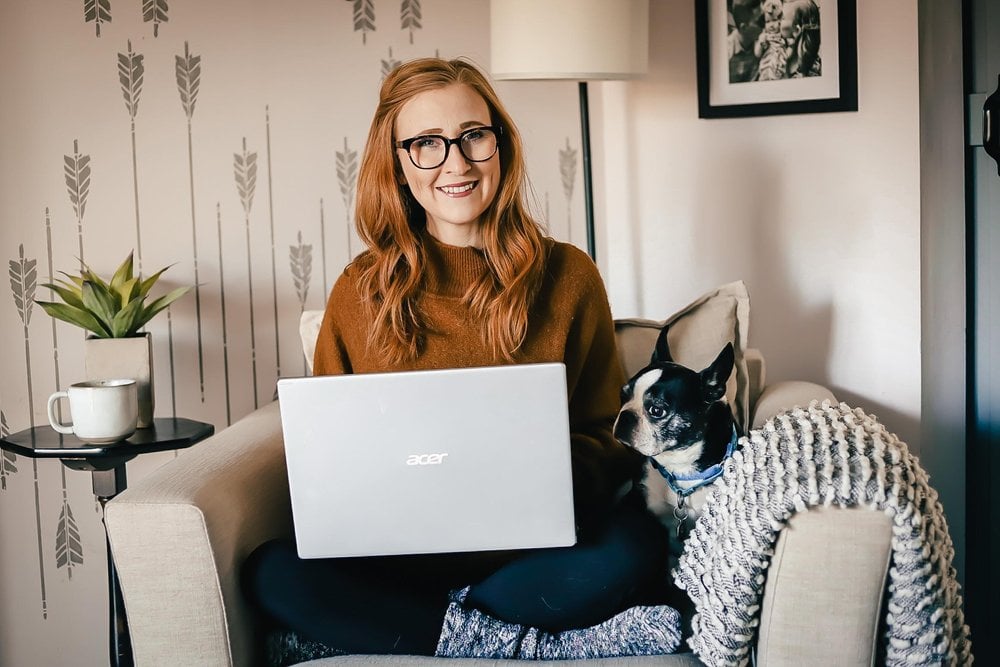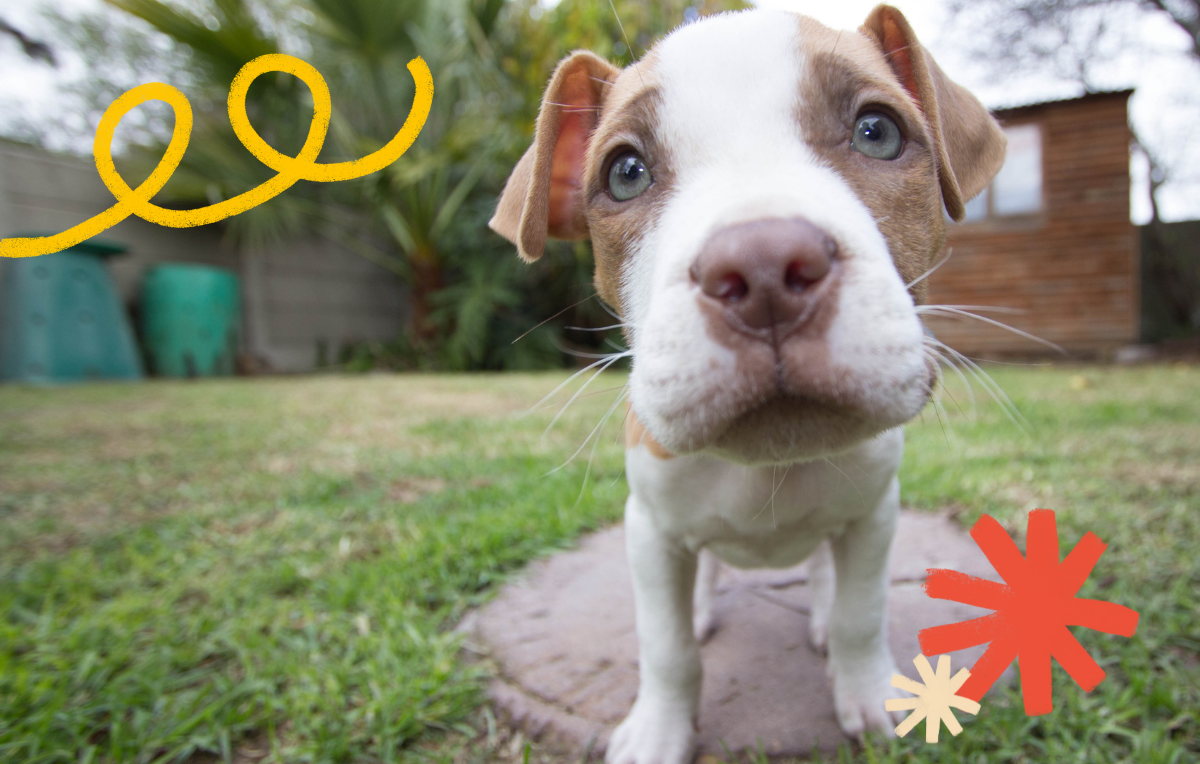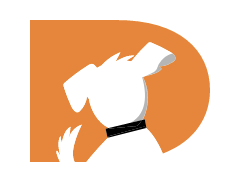3 min read
The Best and Worst Parts of Puppyhood - and How to Support Your Growing Dog
 Caitlyn Mellor
:
Jul 26, 2023 2:36:27 PM
Caitlyn Mellor
:
Jul 26, 2023 2:36:27 PM

Thinking about getting a new puppy, or have you just added one to the family?
Cue cuteness overload!
Before you get caught up in ridiculously adorable looks, it's important to have realistic expectations as your puppy develops and grows.
From potty training to chewing everything in sight, there are ups and downs to this thrilling and challenging journey.
*Note – Most puppies are not adopted out to their forever families until they are at least 8 weeks of age, so we’ll start there!
Let’s break down the different stages of puppyhood: what’s fun, what’s maybe not-so-fun, and how you can support your puppy most effectively.
At DOGTV, we like to be transparent: we have affiliate relationships with other companies. We may receive a commission on qualifying purchases made via the links in this article at no extra cost to you.
1. The Party Puppy Phase
Starting around week 7 to week 12, puppies become more independent, adventurous, and oh-so-curious. This is when puppies hit the age where they can be adopted out and families are usually easier to come by… who could resist that adorable face?
If you’re adopting a puppy within this age bracket, here’s what you should know!
What's fun:
Watching your puppy explore the world around them. Everything is new and therefore exciting. You are their guiding light during these new experiences.
What's tough:
During the socialization stage, your puppy may show signs of fear or anxiety toward new experiences. This is why exposing them to new things multiple times is key.
How you can support your puppy best:
- Expose puppies to positive situations with people and other pets to prevent fear or aggression later on.
- Puppy training can be a challenge, but consistent positive reinforcement can help! Make every experience a good one with yummy treats and physical praise.
- Show them love and affection regularly to maintain a strong bond. You have entered snuggle city, and luckily your puppy will still take lots of naps during this stage to take FULL advantage.
- Start your DOGTV subscription! You’ll find tons of resources to support your puppy through this socialization phase and all that follow.
2. The Pre-teen Phase
Within 3 to 6 months, puppies start testing boundaries, rules…and maybe your patience a bit.
What's fun:
Seeing puppies show different sides of their personalities and learn new tricks and commands! They are a sponge absorbing ALL of the new things you’re teaching them right now.
What's tough:
Hide your expensive shoes! Your puppy may now have permanent teeth, and that means a whole lotta chewing.
How you can support your puppy best:
- Give plenty of chew toys to keep them entertained (and save your furniture!)
- Continue training and setting boundaries to instill what is and isn't acceptable behavior. Positive reinforcement will keep your puppy motivated!
3. The Adolescence Phase
At the 6 to 14-month mark, your puppy undergoes significant physical and behavioral changes as it becomes sexually mature. Some veterinarians suggest spaying and neutering during this time, so speak to yours to get that scheduled if you haven’t already!
Your puppy probably sleeps a little bit less throughout the day and requires more of an energy outlet to keep them busy.
What's fun:
Going for long walks or hikes in nature and playing at the dog park! You are exploring how to tire your adolescent pup out.
What's tough:
Puppies may be more rebellious and challenging to train during this stage. Keep at it! Consistency is still key, even if they’re testing boundaries.
How you can support your puppy best:
- Provide enough physical and mental stimulation to prevent boredom and destructive behavior. Does your puppy need a dog walker? Dog daycare?
- Continue socializing your dog to ensure good manners in various settings. Your puppy probably has a core group of puppy friends by now, so schedule some play dates!
4. The Adulting-like-a-pro Phase
When your furry friend turns two, they’re not a puppy anymore. Congratulations! You now have an emotionally mature dog. (But be honest, you’ll miss a lot of those puppy days!)
What's fun:
Dogs will have settled into their personality, with training and socialization playing a significant role in their behavior. Your dog is their own unique self!
What's tough:
They may still exhibit puppy-like behavior and require continued training and reinforcement to curb any bad habits. Puppy energy tends to linger for some dogs!
How to support your dog best:
- Make sure their diet is appropriate for their age and activity level. Speak to your veterinarian for your dog’s customized plan.
- Schedule regular vet checkups and address any health concerns promptly. Adult dogs have different needs, so their wellness plan may change.
- Continue to provide regular exercise and playtime! Just because they’re “all grown up” doesn’t mean they don’t have hobbies… like hiking, playing tug, and more!
Phew, puppies are adorable balls of energy (and endless entertainment.) But they can be exhausting! As you guide your dog through the stages of puppyhood and into becoming the best adult dog and lifelong companion they can be, remember that it's all worth every ounce of energy in the end.
Resources for the various stages of puppyhood:
How to choose the perfect trainer for your dog
